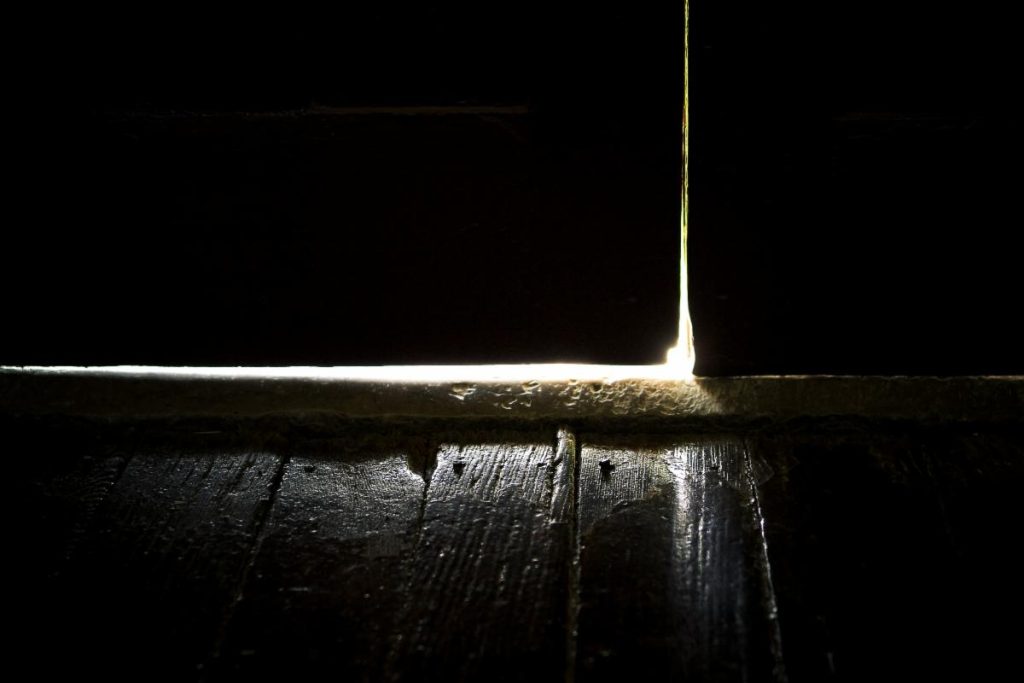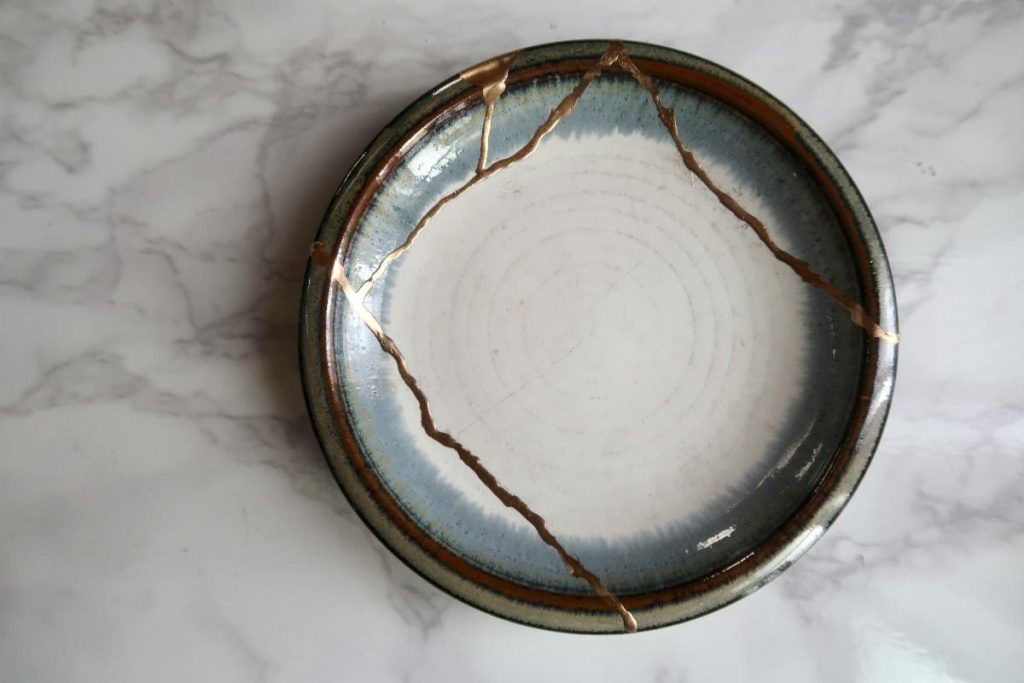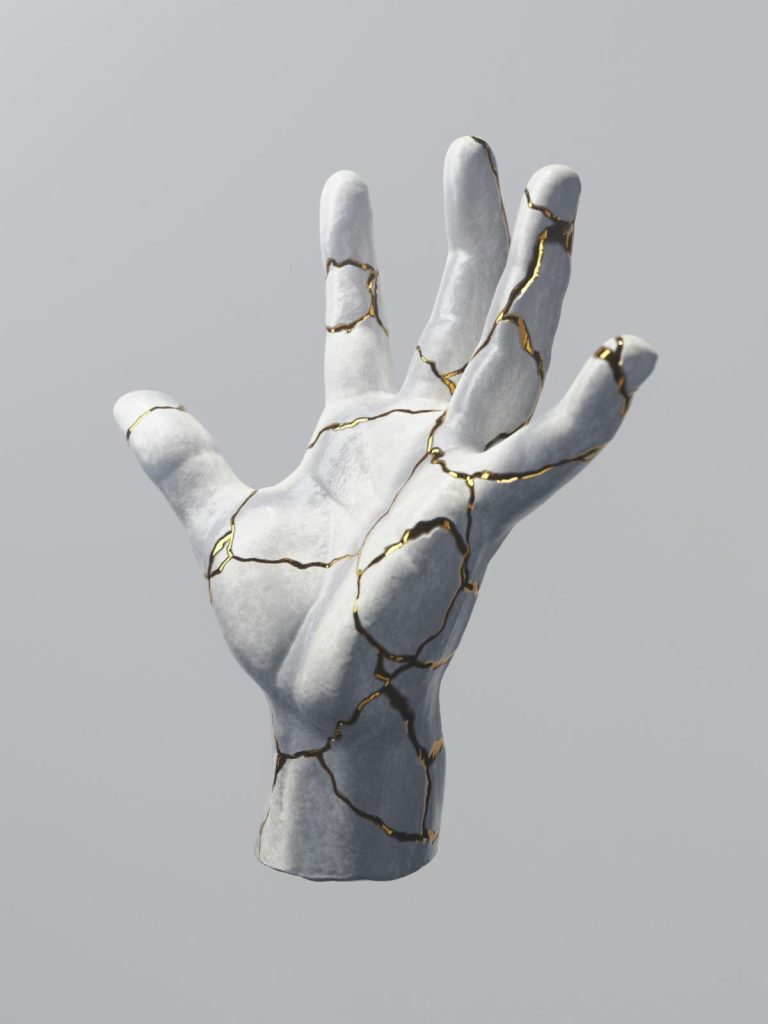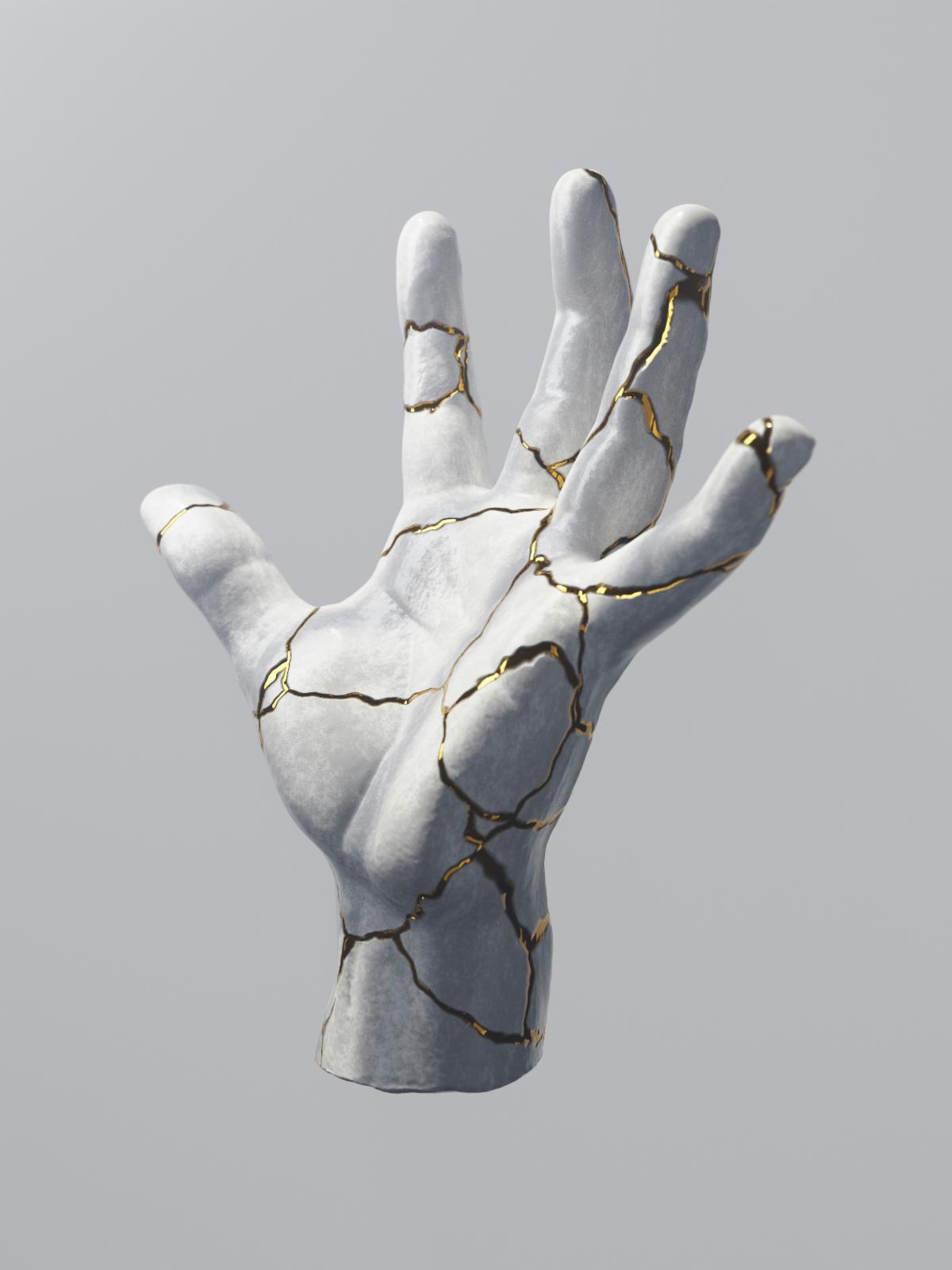The irony is truly epic.
Perhaps so vast that it transcends genres, touching on camp comedy and forbidden love, ending in tragedy.
It’s often said that the road to hell is paved with good intentions, and indeed, my journey started innocently enough.
You see, I’ve been developing the next iteration of my Reinvent Yourself / Tell A New Story course and brainstorming some ideas for creative exercises with a therapist friend.
One of them involved re-exploring forgotten music from one’s childhood as a way to reconnect with fond memories and feelings.
Honestly, it’s hard to imagine anything more innocent and comforting than a nostalgic roadtrip accompanied by childhood lullabies.
And yet, as I’m also diving deeper into the theme of Embracing the Shadow (Meditation HERE), of course things quickly took a dark turn.

I remembered my mother saying that as a toddler, one of my parents’ albums I really loved was The Singing Nun.
Even if that doesn’t ring a bell, almost everyone––including my 20-something dog park friends––knows the big hit single Dominique (HERE).
A 1960s sensation, that song and album hit #1 on the Billboard charts, selling 2 million copies, even leading to an appearance on the Ed Sullivan Show.
The Belgian-born Singing Nun––in real life nicknamed “Jeannine” but on the album billed as “Sœur Sourire,” or in English “Sister Smiles”––offered sweet, cheerful folk music with a touch of toe-tapping appeal.
Perfect Ear Candy for a toddler, in other words.
In fact, a little too perfect.

The great pioneer of Shadow Work, Jung was adamant that:
”Until you
make the unconscious conscious,
it will direct your life
and you will call it fate.”
We simply cannot ignore the darkness within.
This is something poets have always known, whether it’s Rumi 800 years ago proclaiming:
“The wound is the place where the Light enters you.”
Or, more recently, as Leonard Cohen offers, we must
“Ring the bells that still can ring
Forget your perfect offering
There is a crack, a crack in everything
That’s how the light gets in.”
When we try to avoid that process by disregarding the darkness, unfortunately it’s not extinguished but amplified.

Sister Smiles’ fame soared, including a 1966 Hollywood Bio Pic withDebbie Reynolds––perhaps the most perky, all-American ingénue embodying wholesomeness and vitality––playing her.
Unfortunately, in real life “Jeannine” (again, I’ll use her preferred nickname rather than what’s on her album covers) was traveling the path of the tortured artist.
Years later she shared that
“I was never allowed to be depressed.”
In fact, she also revealed that
“The mother superior used to censor my songs and take out any verses I wrote when I was feeling sad.”
Increasingly feeling like she couldn’t live up to the image of being “a true girl scout” and being branded as a “Bad Influence” at the convent, Jeannine left to pursue further religious studies.
Unfortunately, she was also forced by the record company and the church to give up the names of “Sister Smiles” and the “Singing Nun,” losing all identification with the brand she had created.
And from there, alas, it gets darker.

I’m often drawn to the parallels between Embracing the Shadowand the Japanese practice of “Kintsugi,” which translates to “golden repair.”
Rather than discarding a vase or platter when it breaks, or disguising or concealing the cracks, Kintsugi highlights them by repairing flaws with lacquer mixed with powdered gold, silver, or platinum.
The beauty of the piece’s imperfections is what’s emphasized.
Natural cycles of decay and renewal honored, celebrating what arises from resilience.
The art form echoes Rumi and Leonard Cohen’s awareness that perhaps the most valuable part of anything are those cracks and wounds that allow the light to enter, often the very thing we want desperately but also ignore.
Speaking of which…

Stevie Smith was gifted with what the Poetry Foundation calls “a macabre sense of humor that can shock.”
This is evident in her most famous poem:
NOT WAVING BUT DROWNING
Nobody heard him, the dead man,
But still he lay moaning:
I was much further out than you thought
And not waving but drowning.
Poor chap, he always loved larking
And now he’s dead
It must have been too cold for him his heart gave way,
They said.
Oh, no no no, it was too cold always
(Still the dead one lay moaning)
I was much too far out all my life
And not waving but drowning.
Indeed, it’s all too easy to accept a highly curated social media feedas an endless stream of happiness, misreading what’s really a desperate call for help as fun-loving frivolity.

I wish there were a happier ending to Jeannine, the Singing Nun’s story, but alas, there is not.
It’s a sad and steady decline including a nervous breakdown, several failed attempts at other creative projects, even founding a center for autistic children that closed for financial reasons.
And, although despite initial claims that the relationship was not sexual, most biographers believe her companion Annie Pécher eventually became that, further isolating her from her church roots.
When the Belgian government went after her for $63,000 in back taxes (Jeannine claimed all the royalties went to the convent and her record label), she and Annie sank into deep despair.
Citing their financial problems in a suicide note, they took their lives together, requesting a joint burial.
This ending is about as far away from a relentlessly sunny Debbie Reynolds picture as one can get.

Kahlil Gibran wrote that:
“Out of suffering have emerged the strongest souls;
the most massive characters are seared with scars.”
Maya Angelou also reminds us that:
“We delight in the beauty of the butterfly,
but rarely admit the changes
it has gone through to achieve that beauty.”
It’s all too easy to ignore the darkness, to insist on Sister Smiles 24/7, when there’s so much more (quite literally) dying to emerge.
Especially on the socials, I wonder how many seem like they’re waving when really they’re just drowning in front of a crowd, gaining “likes” rather than life preservers.
It’s terribly sad that Jeannine never really got to Embrace her Shadow through her art (again, April Meditation HERE).
My hope is that her story can be a powerful reminder that we all need to practice our own brand of Soul Kintsugi, valuing our woundsrather than trying to conceal or eliminate them.
Ignoring them, as we’ve seen, leads to tragedy.
It’s only by honoring them, indeed embracing all aspects of ourShadow, thatthe light can get in.
Namaste For Now,

